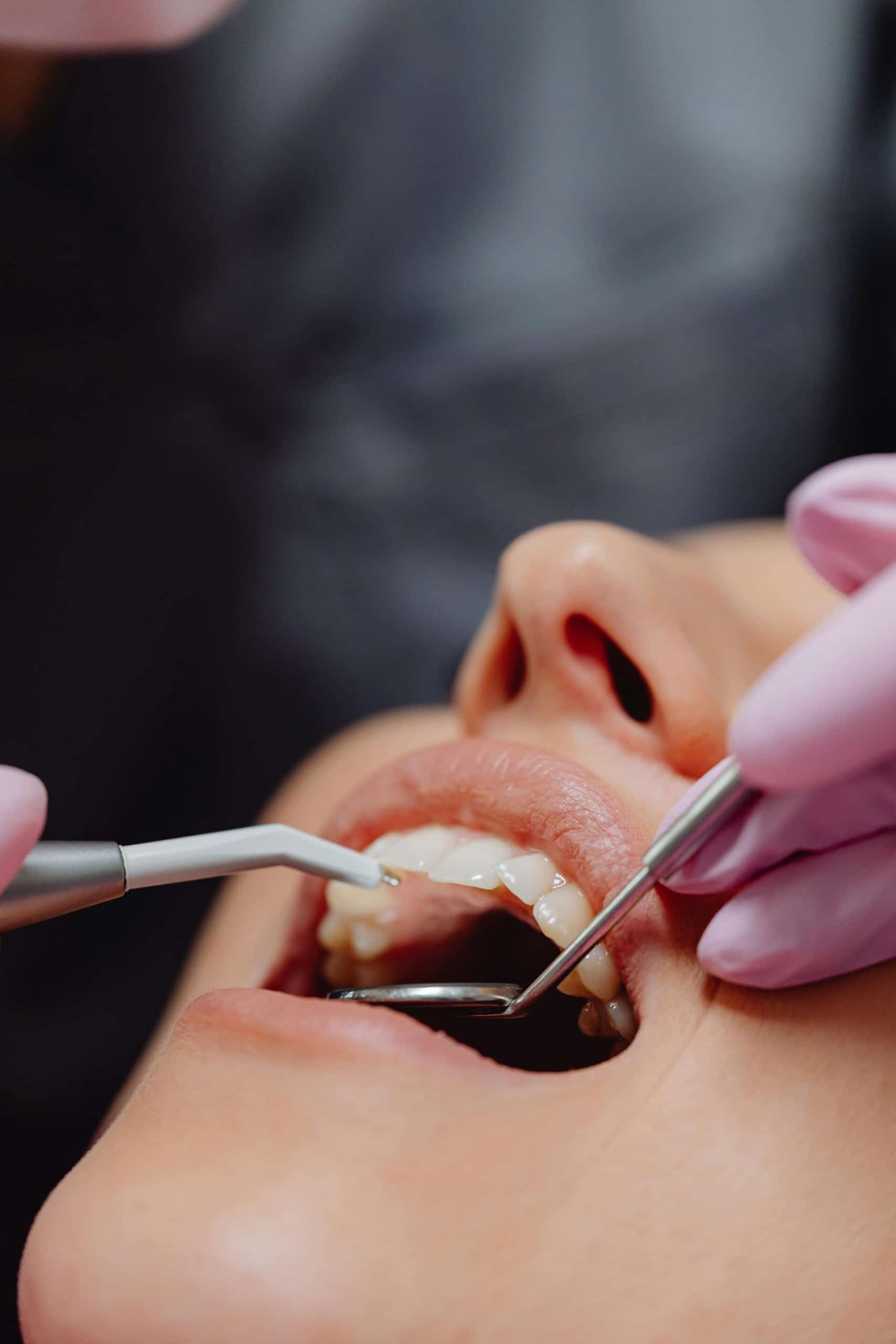Cutting Your Life Short: How Sleep Apnea Silently Damages Your Health
You probably think of sleep as a time for rest and recovery. For millions of people, however, it’s a nightly battle. You might not even realize it’s happening, but every time you stop breathing in your sleep, you are doing more than just disrupting your rest—you’re putting your entire body under immense stress.
This condition is called sleep apnea, and it’s far more dangerous than just causing loud snoring. It’s a silent threat that can shorten your life by increasing your risk of serious, life-threatening health issues.
The Cycle of Sleep Apnea
Sleep apnea occurs when your breathing is repeatedly interrupted during the night. In the most common form, called obstructive sleep apnea (OSA), the muscles in your throat and mouth relax too much, causing the soft tissues to collapse and block your airway. When your brain senses the lack of oxygen, it briefly wakes you up just enough to open your airway. This can happen dozens, or even hundreds, of times every single night.
The constant cycle of interrupted breathing prevents you from reaching the deep, restorative stages of sleep that your body needs to heal and recharge. Over time, this chronic sleep deprivation and oxygen starvation takes a significant toll on your health.
The Serious Health Consequences
The effects of sleep apnea go far beyond just feeling tired. The nightly stress on your body puts you at a much higher risk for a number of serious and potentially deadly conditions:
- Heart Disease: Each time your breathing stops, your heart rate slows down, and then speeds up as you gasp for air. This puts incredible strain on your cardiovascular system, raising your blood pressure and increasing your risk of heart attack and stroke.
- Type 2 Diabetes: Sleep apnea is directly linked to insulin resistance. The constant stress on your body’s systems makes it harder to regulate blood sugar levels, significantly increasing your risk of developing Type 2 diabetes.
- High Blood Pressure (Hypertension): The repeated drops in blood oxygen levels during sleep cause your blood pressure to spike. This constant fluctuation can lead to persistent high blood pressure during the day, which is a major risk factor for heart disease.
- Weight Gain: Sleep deprivation disrupts the hormones that control appetite, leading to increased cravings for high-carbohydrate foods. This makes it much harder to maintain a healthy weight and can create a vicious cycle, as excess weight is also a primary cause of sleep apnea.
Dental Health and Sleep Apnea
Your dentist is often the first person to notice the signs of sleep apnea. During a routine exam, we may spot tell-tale signs like worn or fractured teeth from grinding (bruxism) and dry mouth. The constant open-mouth breathing can also increase your risk for gum disease and cavities.
Fortunately, sleep apnea is treatable. One of the most common and effective treatments is a Continuous Positive Airway Pressure (CPAP) machine, which keeps your airway open with a gentle stream of air. For many patients, an oral appliance—a custom-fit dental device that positions your jaw to keep the airway open—can be a comfortable and effective alternative.
If you or a loved one snores loudly, wakes up gasping for air, or feels tired even after a full night’s sleep, don’t ignore it. It is an alarm bell that should be taken seriously. Your dentist can help you get started on the path to a proper diagnosis and a treatment plan that could save your life.







Leave a Reply
Want to join the discussion?Feel free to contribute!